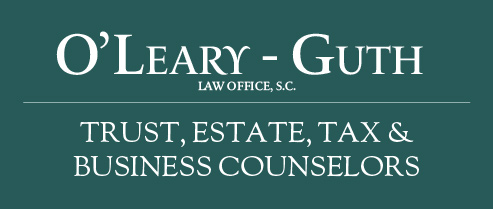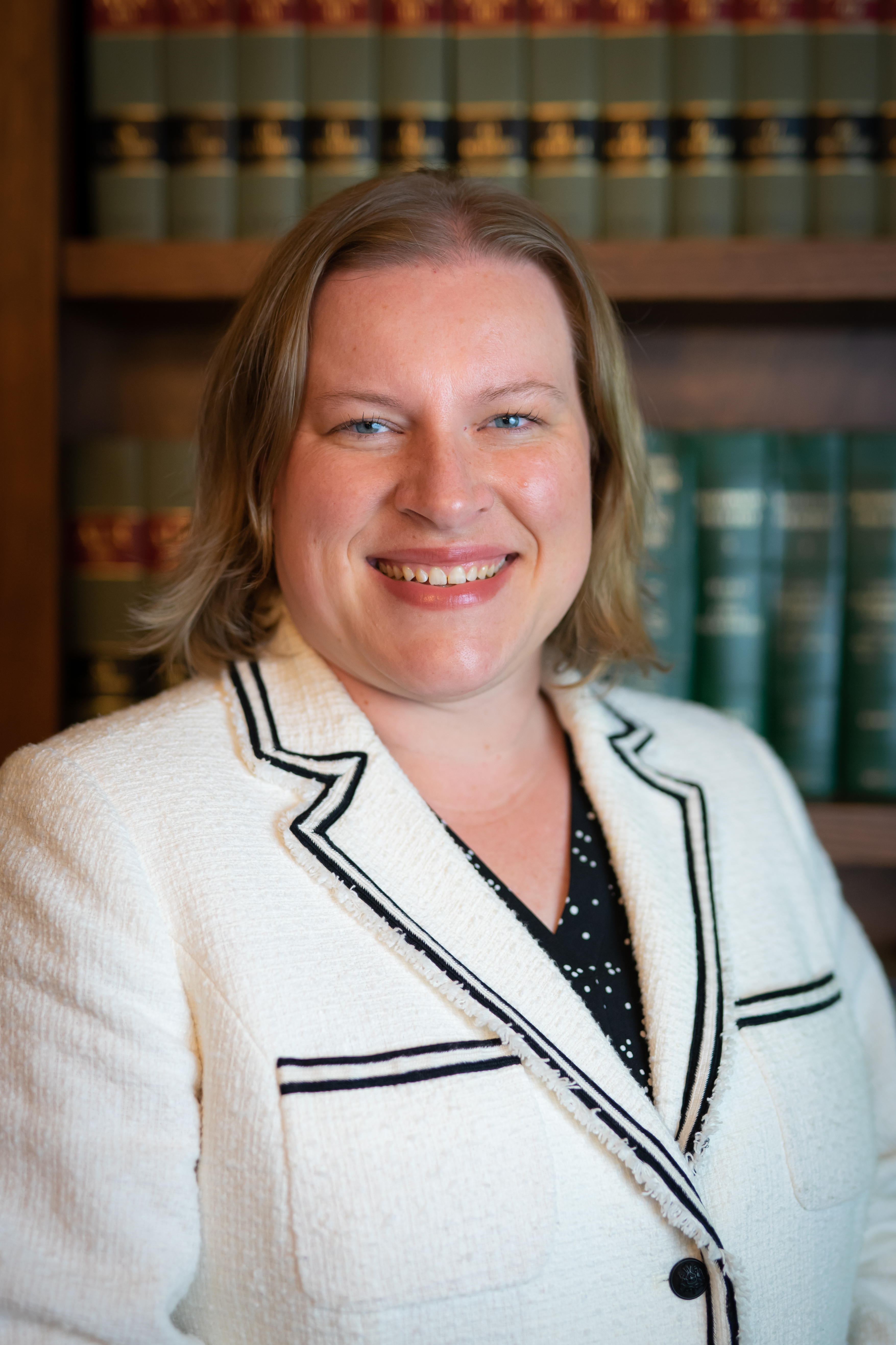Increased Taxes May be Near for Irrevocable Non-Grantor Trusts
Posted: December 26, 2021
Written by Attorney Maureen O'Leary, President
Politicians in Washington have been negotiating the Build Back Better Act (“BBBA”) for months. Momentum stalled in December when Sen. Joe Manchin (D-W.Va) withdrew his support for the BBBA. Senator Manchin’s objections were in large part related to the BBBA’s approximately $2 trillion price tag. However, if Democrats can reach a compromise with Senator Manchin, the BBBA could still be enacted.
The BBBA as currently drafted includes a revenue generating provision that would impose an extra 5%-8% income tax surcharge on high-income irrevocable non-grantor trusts and individuals. If enacted, these surcharges are expected to apply to irrevocable non-grantor trusts at much lower income thresholds than the surcharges would apply to individuals and grantor trusts.
Overview of Grantor Trusts and Non-Grantor Trusts
Whenever a donor establishes an irrevocable trust, they need to decide if they want it to be a “grantor trust” or a “non-grantor trust”. (The term “grantor” refers to the person(s) who established the trust.)
Non-Grantor Trusts - A non-grantor trust is an irrevocable trust that files its own income tax returns and pays its own income taxes on trust income that is not distributed to a beneficiary any given tax year. As discussed further below, higher rates typically apply to non-grantor trusts as compared to grantor trusts.
Grantor Trusts - A grantor trust is disregarded for income tax purposes. Any taxable activity in a grantor trust is reported on the grantor’s personal income tax returns. As a result, the grantor is personally responsible for paying all taxes related to a grantor trust’s income. Because the payment of a grantor trust’s taxes is not a taxable gift, grantor trusts can allow for considerably more wealth to be transferred to the trust beneficiaries.
High-Income Surcharge Thresholds
The BBBA proposes high-income surcharges starting at $200,000 for non-grantor trusts, but not until $5 million (single) or $10 million (married) for individual taxpayers (including grantor trust income), illustrated as follows:
|
|
Individuals |
Individuals |
|
|
5% Surcharge Begins: |
$10 million |
$5 million |
$200,000 |
|
Additional 3% Surcharge Begins*: |
$25 million |
$12.5 million |
$500,000 |
*5% + 3% = 8% total surcharge
Taxing non-grantor trusts more than individuals is not a new concept. Because ordinary income tax brackets for non-grantor trusts accelerate more quickly than the brackets for individual, non-grantor trusts have traditionally been subject to greater income tax than individuals. More specifically, individual taxpayers reach the top tax bracket (currently 37%) at income of $539,900 (single taxpayers) or $647,450 (married taxpayers). However, non-grantor trusts reach the 37% top tax bracket as soon as they have more than a mere $13,050 of undistributed income.
Conclusion
As of this writing grantor trusts remain a sound choice in many situations, but this may not always be the case.
If the BBBA high income surcharges go into effect, these surcharges - combined with the accelerated ordinary income tax brackets applicable to non-grantor trusts - may make grantor trusts even more popular. That said, its important to keep in mind that just a few months ago there was momentum in Washington to try to curtail the benefits of grantor trusts.
If the rules applicable to grantor trusts were to change, there is a possibility that pre-existing grantor trusts might be grandfathered to some extent. Therefore, if you are interested in establishing a grantor trust, it may be prudent to do so before legislative changes occur.
Please feel free to contact me if you have established an irrevocable trust, are considering doing so, or are a beneficiary of such a trust, and you would like to discuss ways of lessening the tax burdens imposed on trust income. I would be happy to speak with you.
Schedule an appointment with us today.
Meet with a knowledgeable attorney who specializes in your area of law.
1251 W. Glen Oaks Lane, Mequon, WI 53092
F: (262) 238-6999

